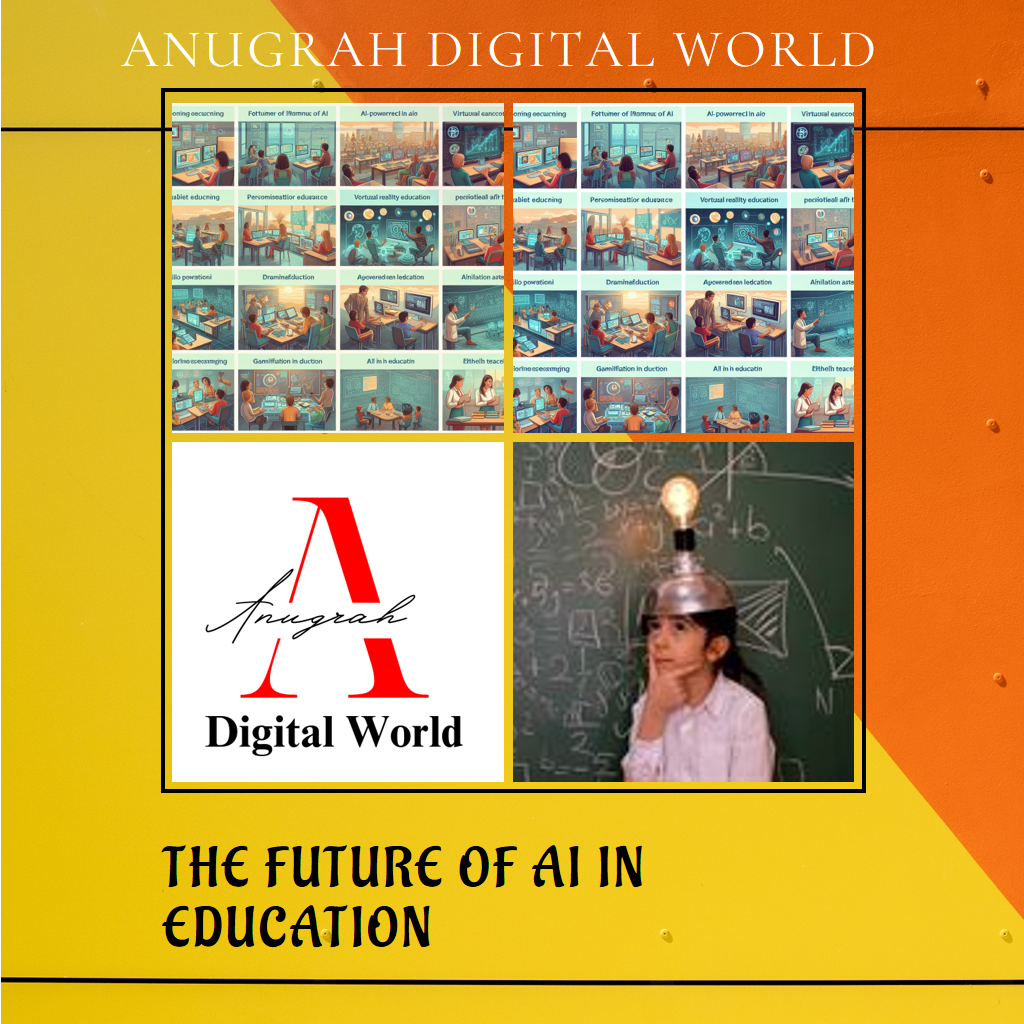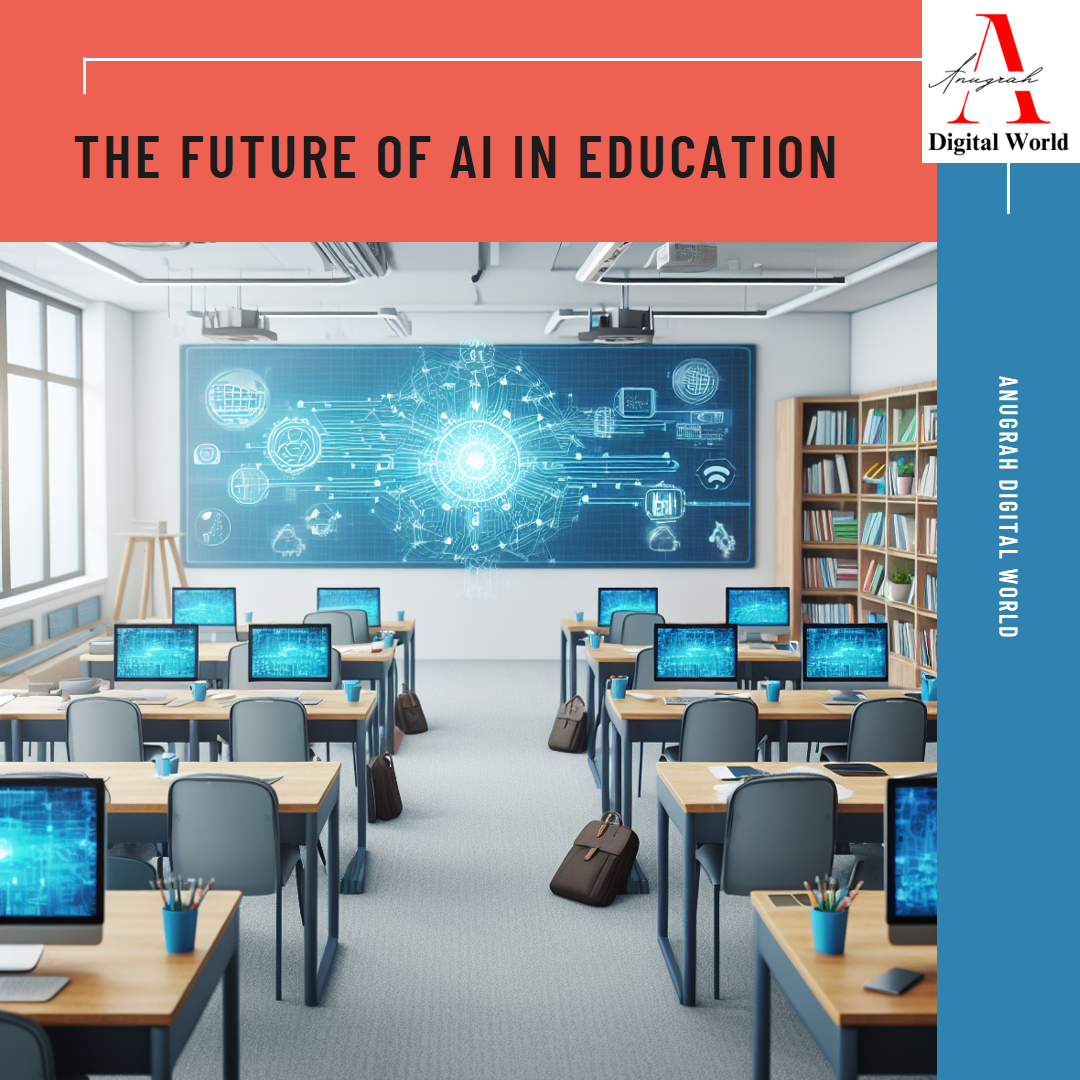What is the future of AI in education?
Artificial Intelligence (AI) holds immense potential to revolutionize the field of education, transforming learning experiences, improving accessibility, and optimizing educational resources. Here are some ways AI could change the future of education:

The Role of AI in Personalized Education:
AI can analyze individual student data to personalize learning paths and recommendations, catering to their unique needs, learning styles, and pace.
AI-powered tutors can provide individualized feedback and support, addressing specific weaknesses and fostering strengths.
Adaptive Learning Systems:
AI-driven platforms can adapt to student performance in real-time, adjusting difficulty levels and offering additional resources based on their progress.
This personalized approach can help students stay engaged and motivated while mastering concepts effectively.
Enhanced Accessibility:
AI can translate languages and offer real-time closed captions, making educational materials accessible to students with disabilities and diverse backgrounds.
AI-powered virtual assistants can provide personalized support and guidance to students facing challenges or needing extra assistance.
Automated Tasks and Administration:
AI can automate administrative tasks like grading tests, scheduling appointments, and managing student records, freeing up educators’ time to focus on personalized teaching and interaction.
This can help reduce administrative burdens and enhance the overall efficiency of educational institutions.
Data-Driven Decision Making:
AI can analyze educational data to identify patterns, predict student outcomes, and inform effective teaching strategies and resource allocation.
This data-driven approach can help educators make informed decisions to improve educational outcomes for all students.
Challenges and Considerations:
Equity and access: Ensuring equitable access to AI-powered educational technologies is crucial to prevent further disparities in educational outcomes.
Bias and fairness: AI algorithms can perpetuate existing biases. It’s important to develop and deploy AI systems that are fair and unbiased.
Teacher training and support: Educators need adequate training and support to effectively integrate AI into their teaching practices.
Data privacy and security: Safeguarding student data privacy and security is essential when using AI in educational settings.
Conclusion:
Overall, AI has the potential to significantly enhance the educational landscape. By addressing the challenges and harnessing the potential of this technology responsibly, we can create a more personalized, engaging, and effective learning experience for all students.
Also read this articles
Artificial Intelligence VS Human Intelligence

